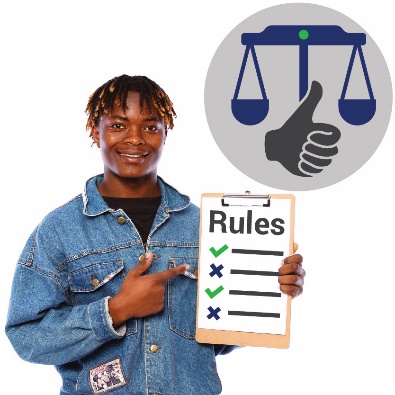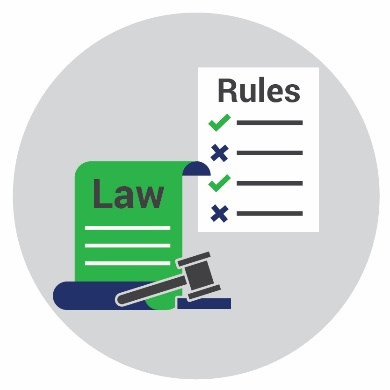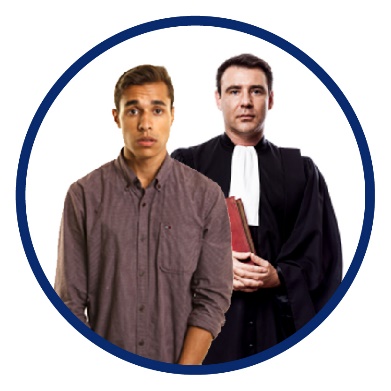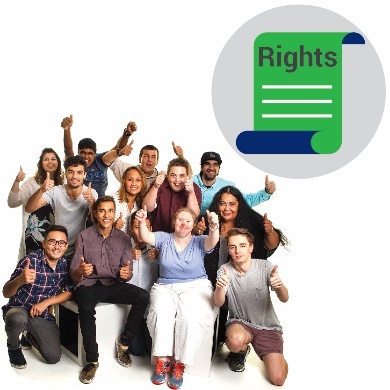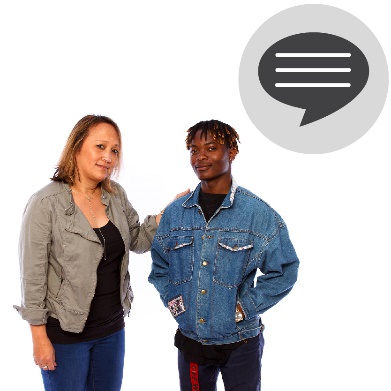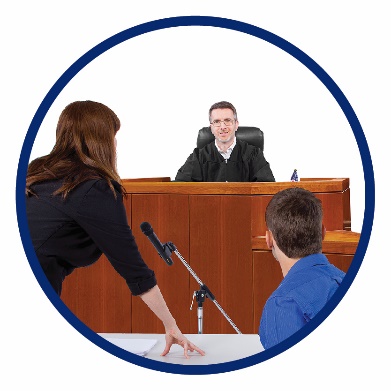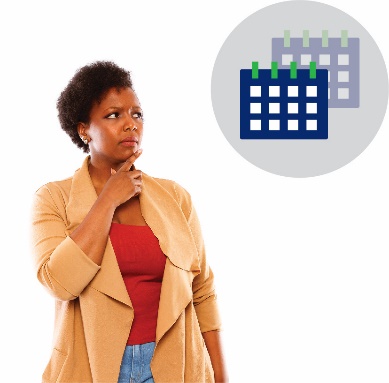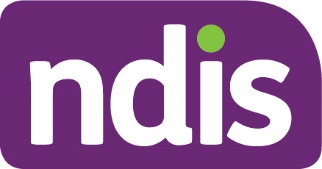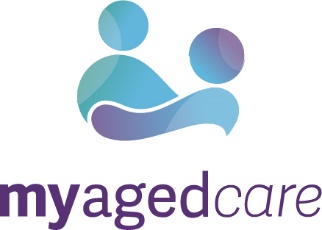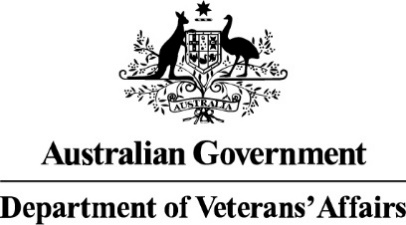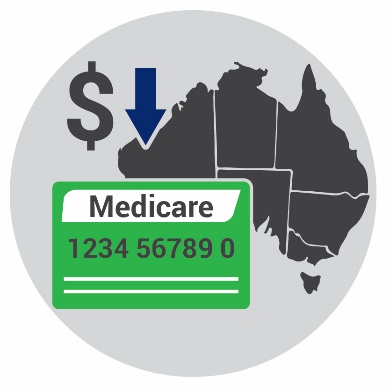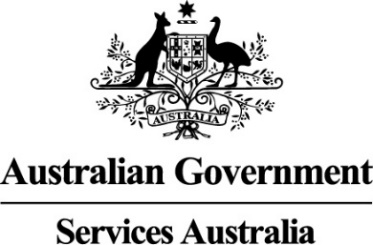
Rights and Legal
It is your right to be treated equally and fairly. There are advocacy organisations that can help advocate for you, legal services to help you with legal advice and information and resources to help plan for the future.
Hi, I'm Josh and today I'll be talking about the area of life that relates to legal.
We all have rights and Australia has rules about how everyone should be treated fairly.
Rights are important, and laws explain the rules that we all must follow.
There are groups of people that can support you with the law, speak up your rights and give you information and advice when you need it.
Rights are rules about how everyone should be treated fairly.
And in Australia, it is against the law for someone to stop you from being treated fairly or discriminate against you.
Discrimination is when you treat someone badly because of something about them they can't change, like their age or disability.
If this happens to you, you can tell someone.
There are organisations that can support you, give you the information about your rights and help you speak up.
If you need to understand your rights, find a human rights organisation or learn how to make a complaint about your rights, you can find more info on the Your rights page.
Advocacy is when someone speaks up for you if you can't do it for yourself.
There are advocacy organisations who are groups of people that speak up for people with disability.
They can help you have your say and give you information and advice as, in Australia, it is against the law for you to be treated unfairly because of your disability.
These advocacy organisations are in each State and Territory and can help you tell someone if this happens to you.
Find out more about these organisations on the Advocacy page.
Legal services are also available in each State and Territory that can help someone if they are in trouble with the police or need to go to court.
There are also legal services available if you need help if someone is hurting you physically, if someone is abusing or treating you badly, neglecting you by not helping you the way they are supposed to or if someone is exploiting and taking advantage of you.
There are some legal services that specialise in helping people with disability, but you can use any legal service.
Find out more about these services on the Legal services page.
Planning for the future is important for everyone and legal services can help with things like writing down your plan in a legal document.
This means you might need to work with a lawyer to write these documents because a lawyer is an expert who knows and understands the law.
Planning for your future could include writing a will, which is a document that says what you want to happen when you die.
Another thing could be choosing a guardian.
This is someone who makes decisions about your life when you can't make a decision on your own.
You might also need to set up a power of attorney.
This is a document that explains who can make decisions about your money for you if you can't do that by yourself.
You can also get help with planning advanced care such as writing down what medical treatment you want in the future.
You can find more info on the Planning for the future page.
If you'd like to know more about how we can assist in legal, please contact the Disability Gateway on 1800 643 787.
This section provides links to services and information on:
Your rights
Understanding your rights as an Australian and a person with disability
Advocacy
Organisations that can help you understand your rights
Legal services
Legal aid groups and services specialising in disability law
Planning for the future
Guardianship, power of attorney, advance care planning and wills
